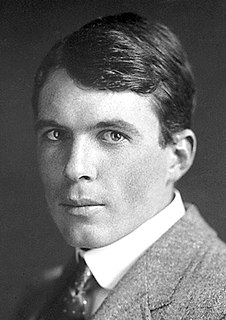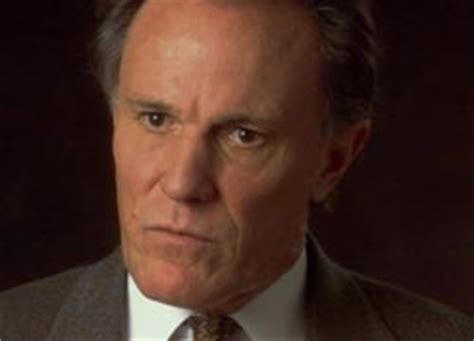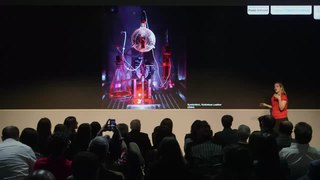A Quote by Carl Hart
The notion that scientists are dispassionate - first of all, that's wrong. Scientists are extremely passionate.
Quote Topics
Related Quotes
My two older brothers are both molecular biologists and neuroscientists, and I feel like representing them accurately is never done in movies, and I really wanted to at least capture the spirit of a Ph.D. student whose goal and aspiration is to increase the sum total of human knowledge. That is noble. That was really, really important, to capture the three-dimensionality of scientists. Scientists fall in love, scientists have the greatest sense of humor, scientists are passionate.
I feel very strongly indeed that a Cambridge education for our scientists should include some contact with the humanistic side. The gift of expression is important to them as scientists; the best research is wasted when it is extremely difficult to discover what it is all about ... It is even more important when scientists are called upon to play their part in the world of affairs, as is happening to an increasing extent.
The government employs scientists of many varieties in technical capacities, from estimating the environmental toxicity of a chemical to the structural soundness of a bridge. But when it comes to forming policies, these scientists and, especially, behavioral scientists are rarely at the table with the lawyers and the economists.
Scientists are people of very dissimilar temperaments doing different things in very different ways. Among scientists are collectors, classifiers and compulsive tidiers-up; many are detectives by temperament and many are explorers; some are artists and others artisans. There are poet-scientists and philosopher-scientists and even a few mystics.
Scientists and theologians can’t offer better than circular arguments, because there are no other kinds of arguments. Bible believers quote the Bible, and scientists quote other scientists. How do either scientists or theologians answer this question about the accuracy of their conclusions: “In reference to what?
I don't think any administration, when they come in, thinks that their job is to tell the scientists what the science looks like or to be quiet about the science. Scientists need to remain true and not allow science to be politicized. Scientists are not politicians, and no politician should consider themselves to be a scientist.
You ask people, do you pray to [a person or] God. If you say yes to that, you're religious by, presumably, anybody's standards of your conduct. And it's the yes to that question that applies to 40% of scientists. So, there're plenty of atheists who are scientists or not scientists. There maybe a conflict but many people in this country coexist in both worlds.
Scientists are entitled to be proud of their accomplishments, and what accomplishments can they call 'theirs' except the things they have done or thought of first? People who criticize scientists for wanting to enjoy the satisfaction of intellectual ownership are confusing possessiveness with pride of possession. Meanness, secretiveness and, sharp practice are as much despised by scientists as by other decent people in the world of ordinary everyday affairs; nor, in my experience, is generosity less common among them, or less highly esteemed.
I think I got a complete picture of what the lives of scientists are like. My father is of the opinion that if scientists are allowed to follow their nose, eventually it results in something. Unfortunately that doesn't always happen. What I came out of it with, in a non-cynical way, was that the scientific process is as messy as anything else. There's nothing wrong with that. That's just the way it is.
I'm a skeptic. ...Global Warming it's become a new religion. You're not supposed to be against Global Warming. You have basically no choice. And I tell you how many scientists support that. But the number of scientists is not important. The only thing that's important is if the scientists are correct; that's the important part.



































